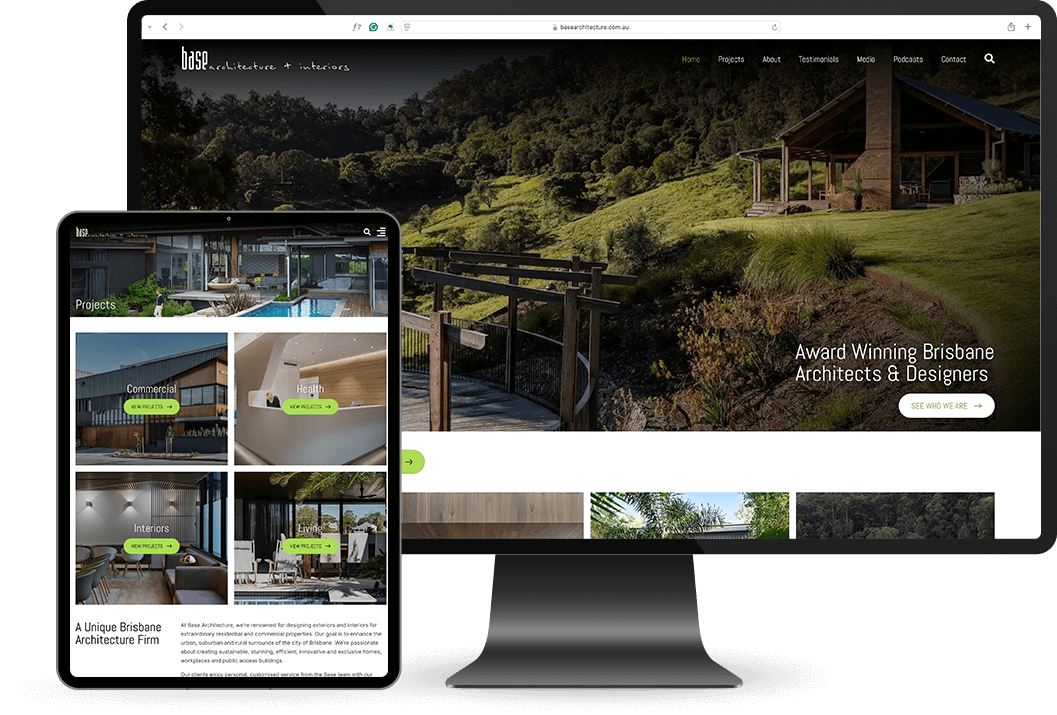Websites That Work
Websites That Work
Web design and digital marketing that grow your business
What we do
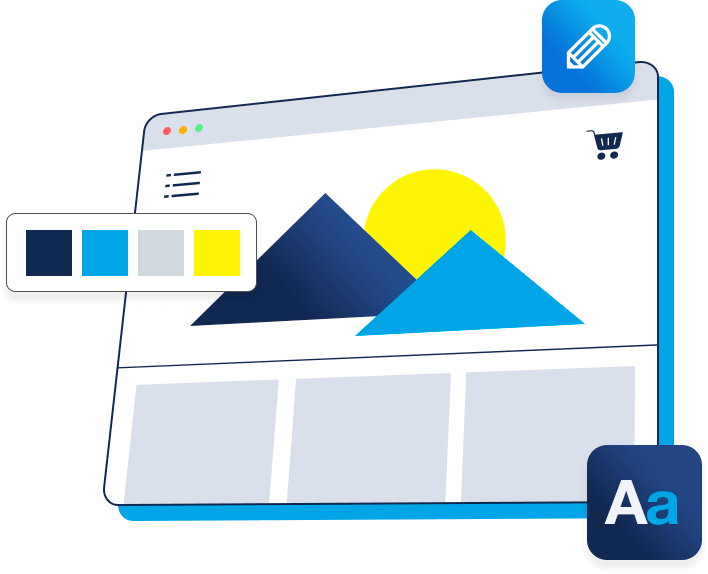
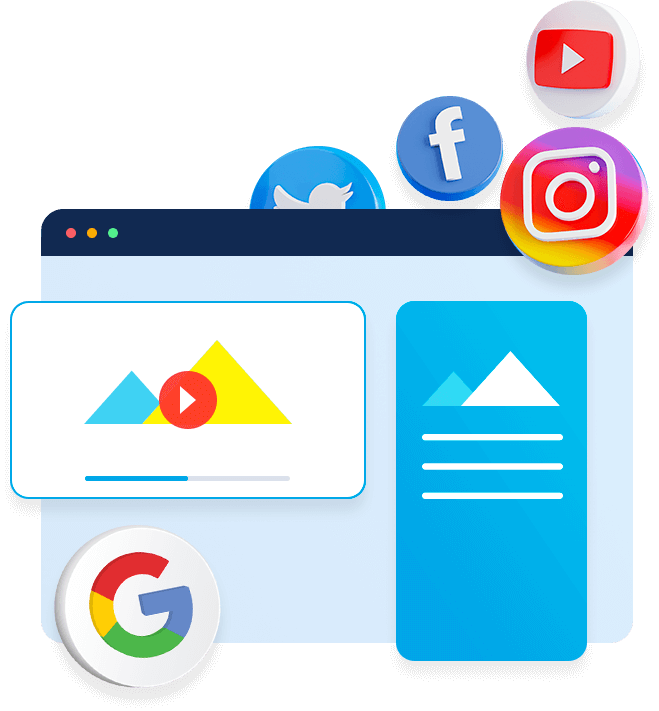
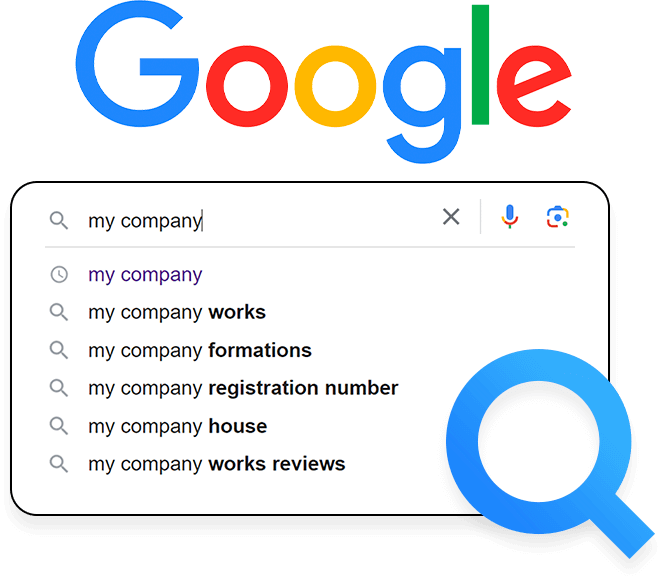
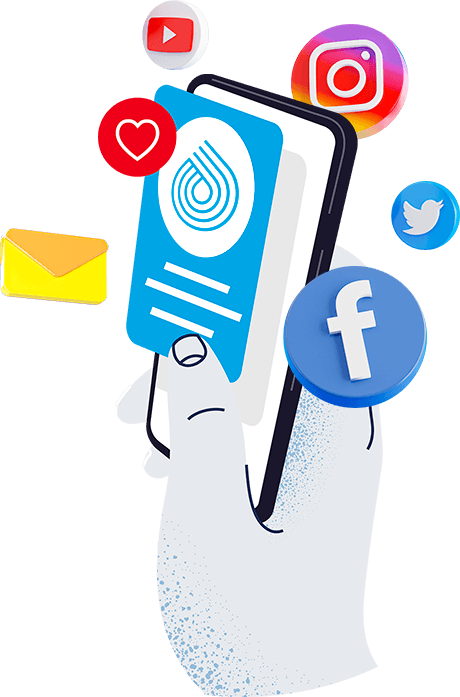
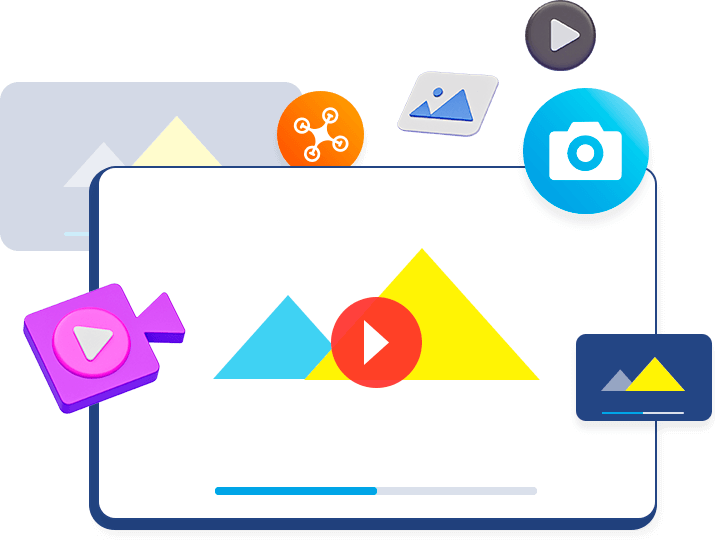
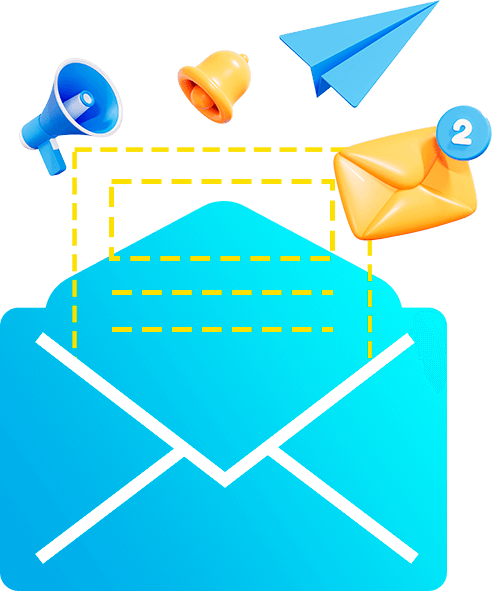
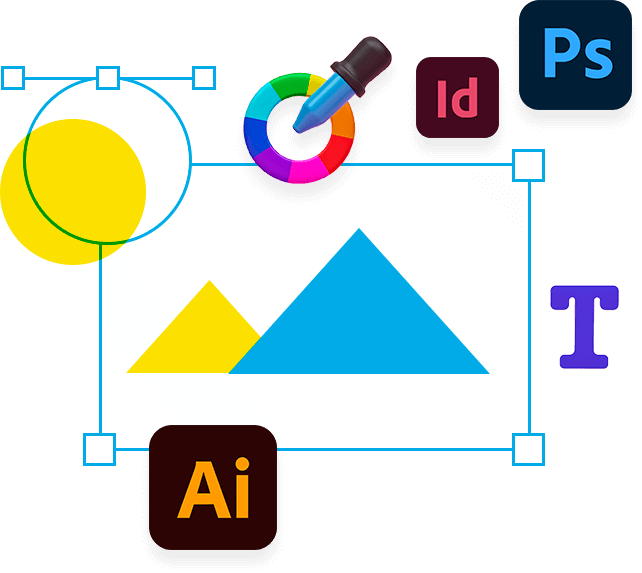







What can we do?
Can we do it for you?
Magik creates the gift before the packaging. This means that Magik website developers connect the dots before they start building your website or app. The look & feel only comes into play after we have established that the website is fully functional.

A balance of Tech & Creativity

Wholistic digital help & care

Digital marketing for businesses

Established for over 20 years

Lovers of WordPress

Nationwide & worldwide
Our Services

Web Development
Engage. Qualify. Convert.

Hosting
Where Your Website Lives (and Thrives)

Domains
Your Web & Email Address

SEO
Get found in Google for free!

SEM
Pay Google to get found in Google!

Local
Get found where you actually work

Digital Strategy
Build with strategy

Photography
Showcase Your Business the Right Way

Video
Bring Your Story to Life

Graphic Art & Print
Creative solutions in action.

Brand
Your Brand, Done Right

Social
Make Noise (For the Right Reasons)
Welcome to Magik
Real people. Real work. Real results.
We’re a small but mighty team who know how to get digital done — properly.
No corporate waffle. No confusing tech talk. No packages pretending to be solutions.
Just real websites, smart marketing, sharp creative, and advice that actually makes sense.
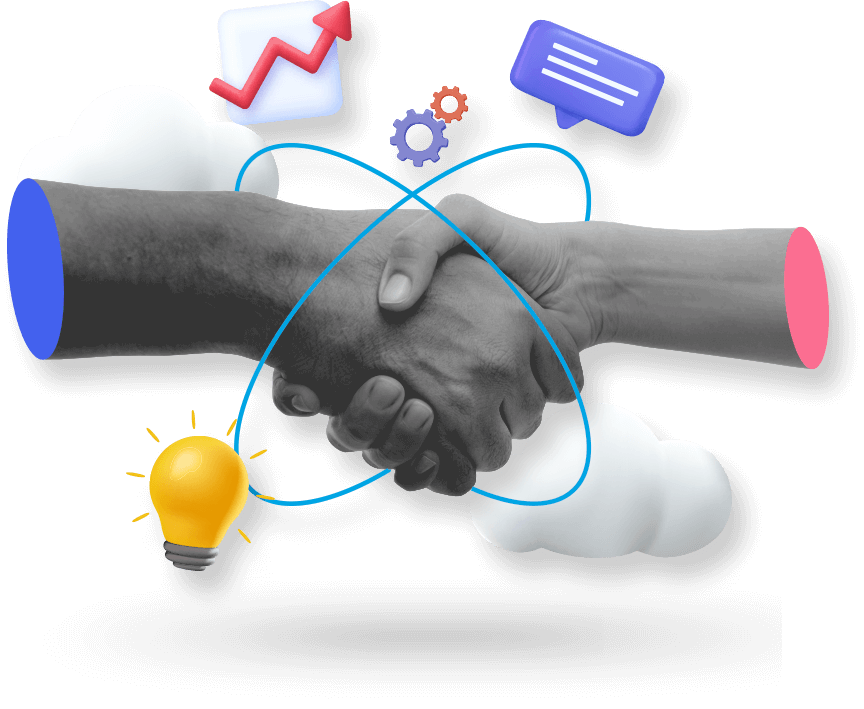
Who we worked with










Get in touch with us
Industries we work with

Accountants & Finance

Construction

Civil

Waste Management

Associations

Automotive

Business Consultants

Health & Medical

Ecommerce

Education

Environmental

Fashion & Retail

Hospitality

IT Consultancy

Local Government

Manufacturing

Tourism

Trades
Our Tools of Choice

WordPress

Woo

Amazon

PHP

MySQL

JS

Google Adwords

Google My Business

Bing

Yahoo


Linked In



Youtube


SEMrush





